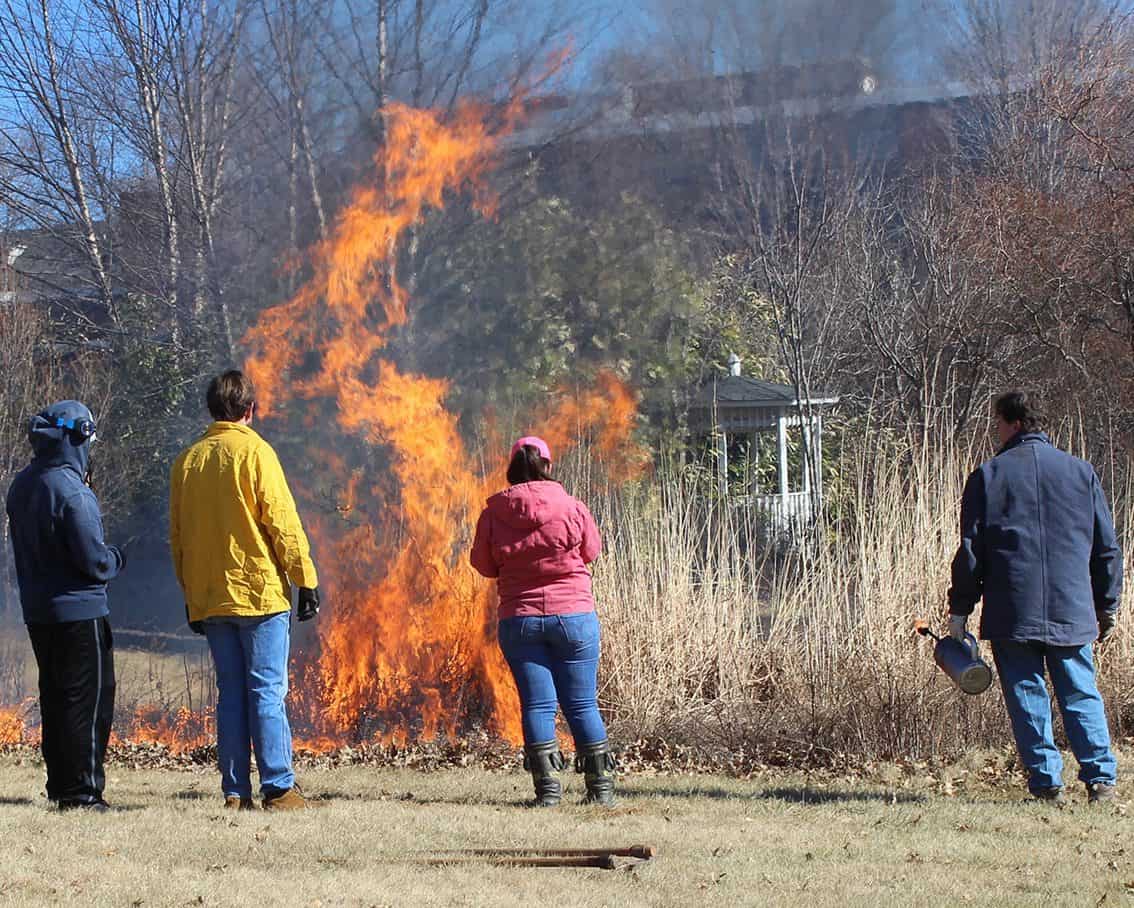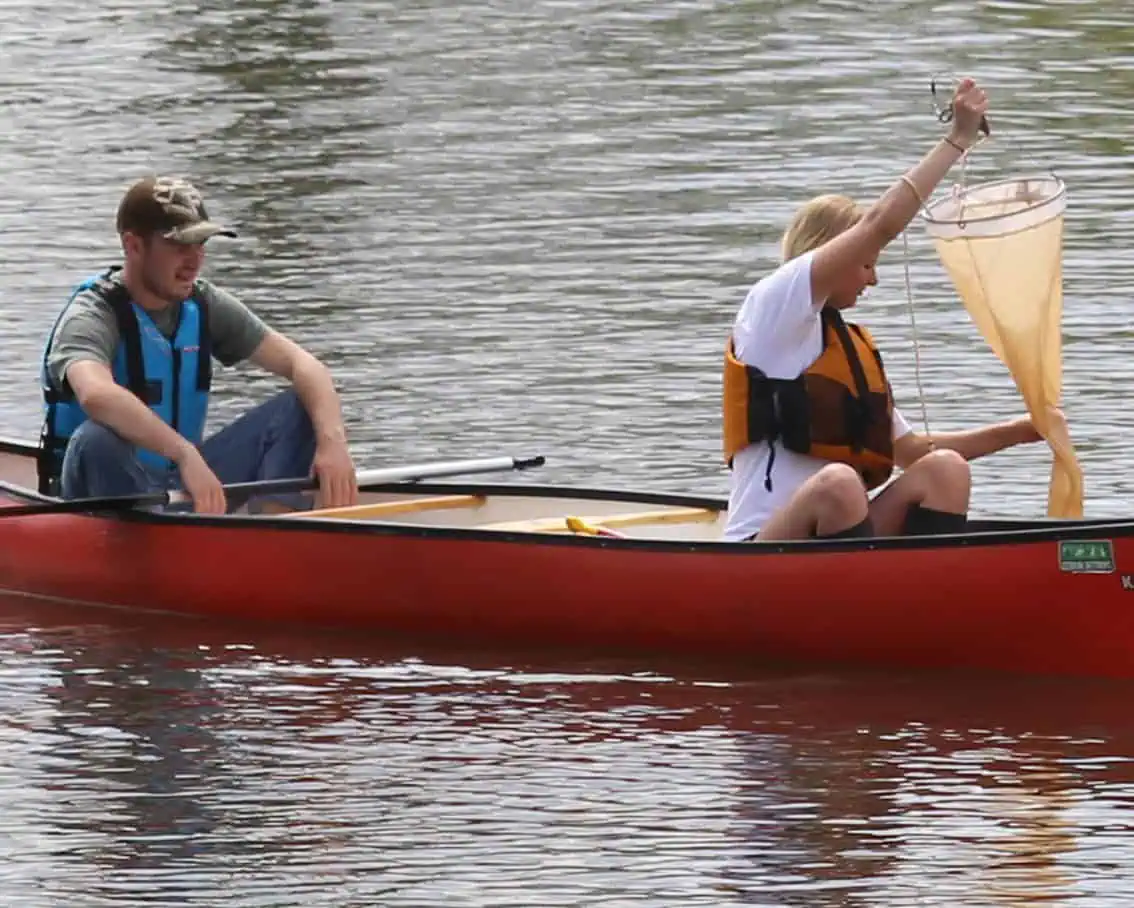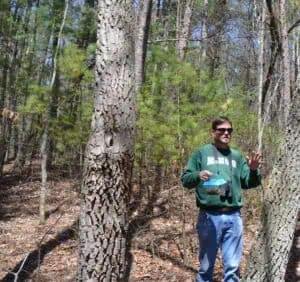
As one of the oldest in the nation, the environmental science program offers a modern introduction to the environmental sciences. The challenging background enables students to deal with important environmental issues of the 21st century.


You will take a core of environmental science courses, including Introduction to Plant Science, Nonvascular Plants and Fungi, Organic Chemistry, and Natural Resource Management.
An introductory survey of the evolutionary relationships, anatomy, physiology, histology, and development of vertebrate animals.
An introductory study of the interrelationship of organisms with the abiotic and biotic components of their environment. Includes a basic introduction to population dynamics.
Introduction to natural resource policies and economics, including legal frameworks, impact analyses, and valuation methodologies.
Natural resource managers are charged with protecting the wildlife, plants, water, and soil of an area. These professionals may be in charge of a conservatory, national or state park, or historic site, or they may work within a specific region or state.
Environmental scientists use their knowledge of the natural sciences to protect the environment. Environmental scientists and specialists use their knowledge of the natural sciences to protect the environment and human health. They may clean up polluted areas, advise policymakers, or work with industry to reduce waste.
Wildlife forensic specialists may collect evidence from wildlife inspectors and fish and game wardens, and work with them to investigate and prosecute crimes.
View the catalog for all program courses and degree requirements.



